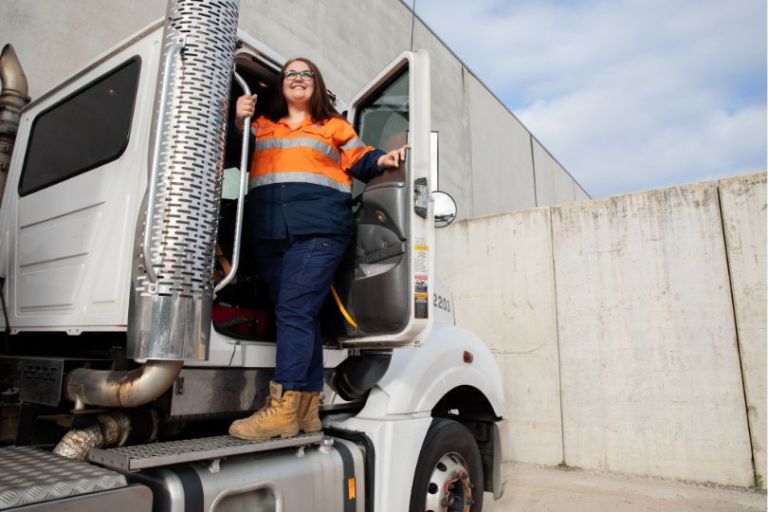Download or print
Request accessible format of this publication.

The Review considered how to improve women’s economic opportunity over the next five to 10 years through increasing workforce participation, improving equity at work and supporting women in small business.
It identified barriers to women’s economic participation and reform opportunities to address structural and non-structural barriers to women participating and succeeding in the workforce and to parents and carers being able to balance work and life.
The core focus of the Review was on women’s economic participation and opportunities. However, noting that women’s access to work is impacted by a range of interrelated factors (including women’s health and safety and experiences of family, domestic and sexual violence), this Statement and the 2022-23 NSW Budget seek to address many of the issues in parallel.
The NSW Government established an Expert Reference Panel to support the Review. The Panel provided subject matter expertise and advice which has informed this Statement.
The Expert Reference Panel was chaired by Sam Mostyn AO, President of Chief Executive Women. The other members of the Panel were:
The Statement has been informed by an extensive review of the existing literature, data analysis, commissioned research, public submissions and consultation with stakeholders.
A desktop review was undertaken of the existing literature on gender inequality and the barriers to women’s economic participation, as well as potential reforms to address these. Further research was also commissioned for the purposes of the Review. This included:
Members of the public, organisations and other stakeholders were invited to make submissions to the Review via the NSW Treasury website between 7 February 2022 and 6 March 2022. A total of 91 submissions were received from a range of stakeholders, including individuals, unions, local councils, peak bodies, non-government organisations, universities and private organisations. Submissions identified various barriers to women’s economic participation and proposed reforms to increase economic opportunities for women.
The three most identified barriers to women’s economic participation included:
Several submissions highlighted the affordability of early childhood education and care and its limited availability outside of typical working hours (9am–5pm) as key issues affecting women’s workforce participation.
In the workplace, identified factors impacting women’s career advancement included the challenges of balancing work and caring responsibilities, a lack of flexibility in senior positions, and unsafe and unwelcoming workplace cultures.
Submissions also emphasised that limited access to flexible working arrangements in certain industries and at senior levels remained a significant challenge to be addressed, noting the career penalty attached to part-time work.
Twenty-five face-to-face and online focus groups were held with a diverse range of women, with a total of 150 participants. These included young women, older women, employed and unemployed women, women with children, self-employed women, women living in regional New South Wales, women from culturally and linguistically diverse backgrounds, First Nations women, women living with a disability, carers, women from the LGBTQIA+ community and single mothers. Participants came from a broad range of socio-economic backgrounds and were a mix of ages. Both metropolitan and regional areas were represented in focus groups.
Key issues highlighted by participants included personal safety, sexualisation and sexual harassment, motherhood and its challenges, the responsibilities that often fall to women, and underrepresentation of women in positions of influence. Participants valued the financial security provided by a job, as well as other benefits such as a sense of purpose and accomplishment, learning new skills, and the opportunity to follow their passions. However, they also noted a range of issues women face in workplace, including barriers to workforce participation, pay equality and advancement, as well as challenges in the workplace, such as sexism, gender bias, sexual harassment and discrimination.
Women in the focus groups also emphasised the importance of financial literacy, lamenting that topics like tax and superannuation are largely missing from the education curriculum, leading to superannuation often being overlooked as an asset by women. Working mothers represented in the focus groups called for greater access to affordable childcare options, citing childcare as a significant factor in their decision to return to work after having children.
The NSW Government also conducted targeted engagement with key peak bodies and other stakeholders. This included a survey of women’s organisations and targeted consultations, including with First Nations and culturally and linguistically diverse women and women in regional New South Wales.
A survey of 19 select peak organisations who work with or represent women was conducted in March 2022. The survey explored women’s economic participation, including the barriers to workforce participation, the factors impacting on current earnings or earning potential, financial literacy and the impact of the COVID-19 pandemic on women’s work and finances.
The top three most identified barriers to women’s workforce participation were:
Respondents highlighted the impacts of the pandemic on the work and finances of women they work with or represent, namely:
Request accessible format of this publication.